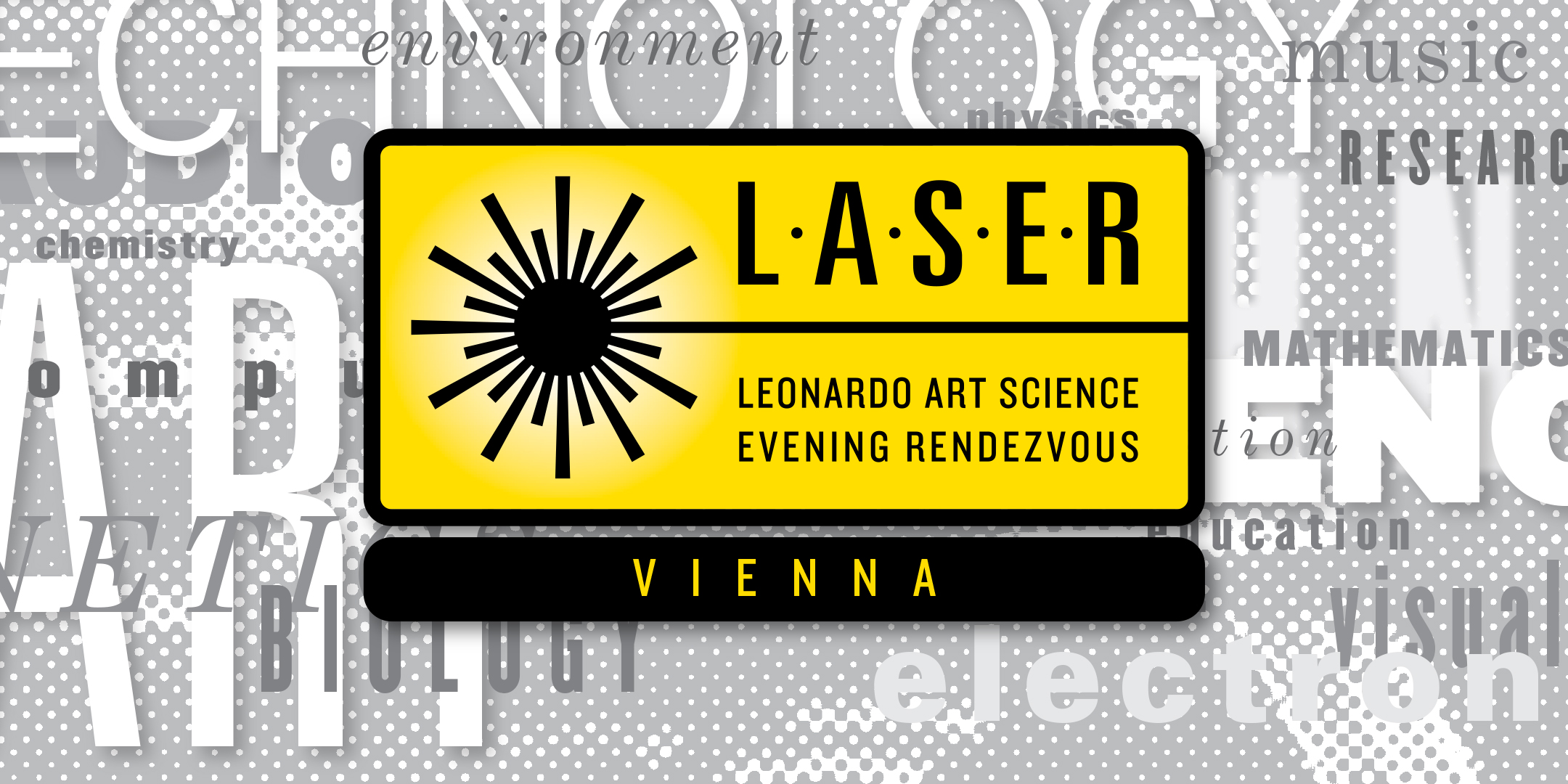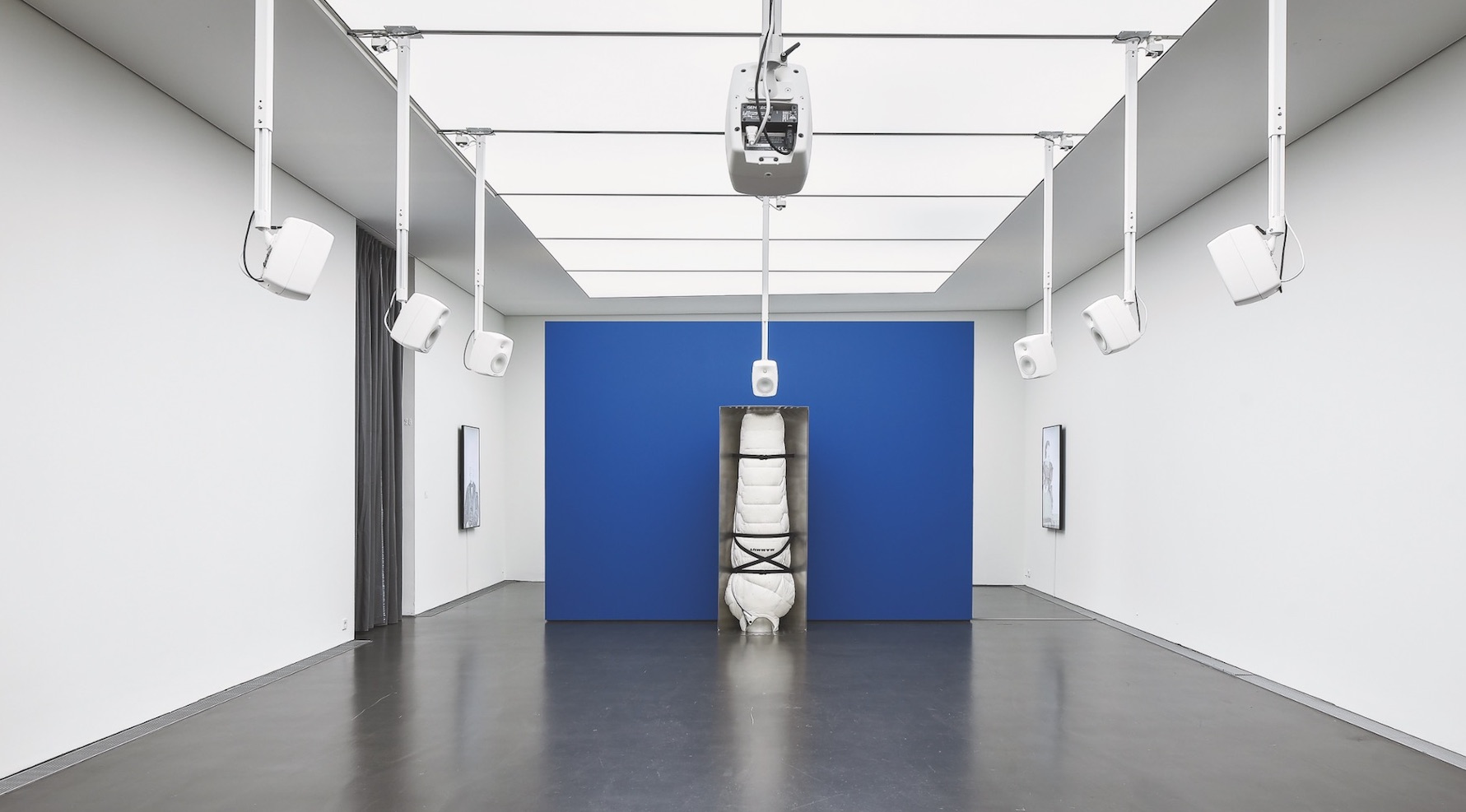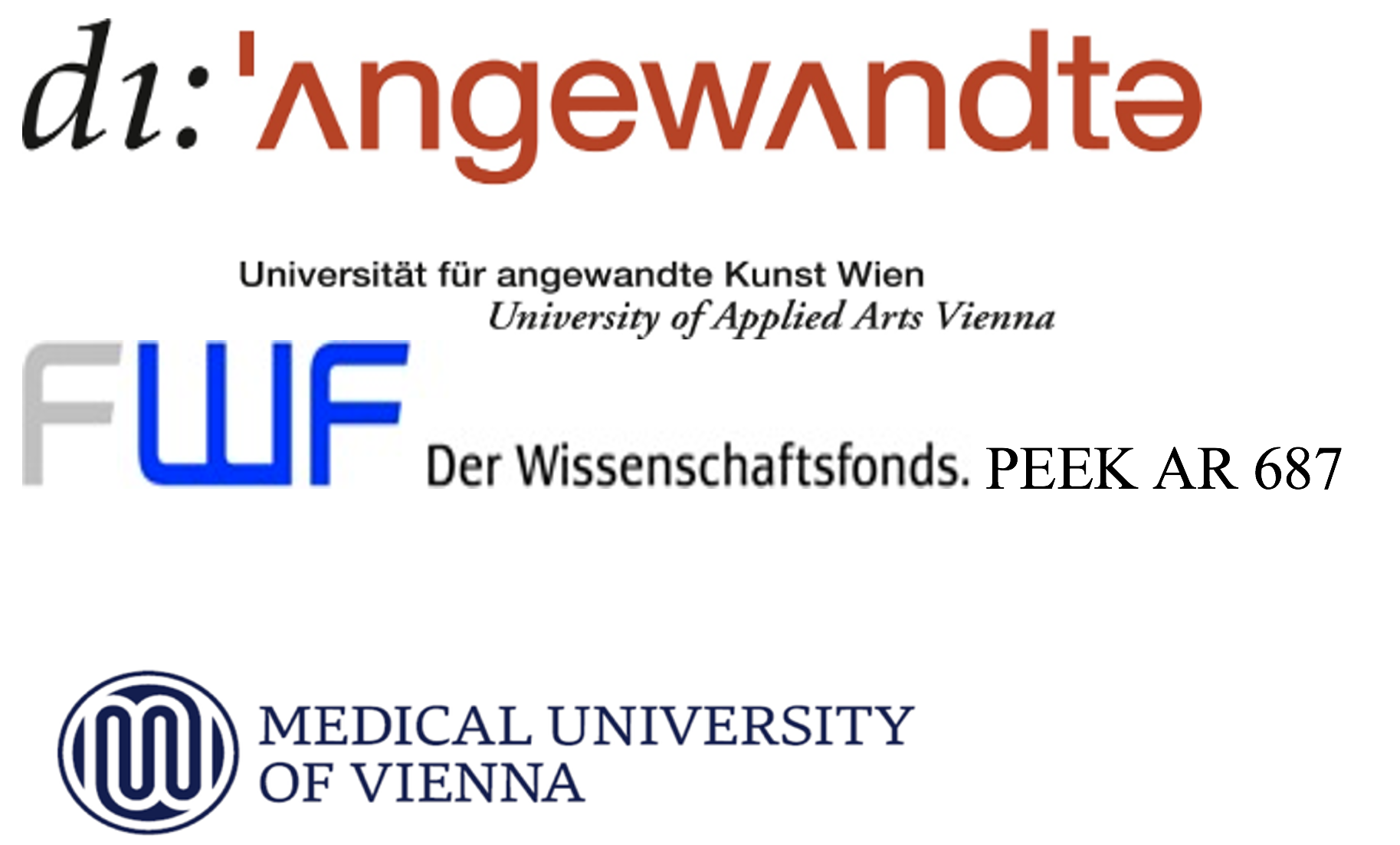
Making Souls – Making Bodies: Amerindian Cosmologies, AI, and the Microbiome (Signoids Part 2)
EVENT INFO
When: 16th November 2023, 7:30-10:30pm CEST.
Where: Vienna, University of Applied Arts, AIL, Georg-Cochp-Patz 2
Online registration via https://us02web.zoom.us/j/86776346540
What can the global North learn from Amerindian ontologies/cosmologies for the coexistence of a diversity of (non-human) intelligences such as AI or microbiomes to counter the modern myth of the accelerated transformation of the animals we ‘were’ into machines we ‘will be’?
The opposing reinterpretation is organised around the question of a potential body as the guarantor of an affective and intentional perspective on (possible) world(s), with which a series of destabilisations of occidental habits of thought are associated.
While the question for AI is whether and how it could manage intentionality without a body, the microbiome in its subjective self-revelation poses specific challenges to Western epistemata. As a ‘non-human within’, the microbiome functions as a kind of multistable object for science.
But if we continue to consider the microbiome as a subject: ‘Who does the microbiome think it is?’, while from an indigenous Amerindian perspective the answer is: ‘a human being’, then the follow-up question ‘Who and how many am I then?’ shapes itself into a complicated core element of Amerindian cosmology.
What epistemic or ontological shifts do we arrive at when we interweave the two actors from opposite ends of a Western mythological narrative of progress into an expanded, sympoietic subject?
The evening’s contributors open up different perspectives on these questions, oscillating between Western anthropocentrism and Amerindian anthropomorphism. They neither allow themselves to be overwhelmed by non-human subjectivities, nor do they colonise them with a hegemonic concept of time and history.
Klaus Spiess (LASER Chair) is Associate Professor of the Art&Science Programme at the Medical University of Vienna.
Elisabeth von Samsonow (Session Moderator) holds the Chair of Philosophy and Anthropology of Art at the Academy of Fine Arts Vienna
CONTRIBUTORS:
Rodrigo Bonaldo (BRA, online) and Ana Carolina Barbosa Pereira (BRA, online): Reading Artificial Intelligence from Indigenous Knowledges. Rodrigo Bragio Bonaldo is a Professor of Theory of History at the Federal University of Santa Catarina, Brazil. He co-founded "Theory of History on Wikipedia" initiative and leads an AI and History research group at his institution. His current work focuses on developing machine learning to depict complex theories of historical time. Ana Carolina Barbosa Pereira is a Professor of Theory of History at the University of Bahia, Brazil. In 2021, she was a visiting professor at McGill University, focusing on digital culture's scientific denialism. Her publications explore Indigenous knowledge, Anticolonial Theories, and AI's intersection with historical concepts.
Christian Kosmas Mayer’s (DE) work is characterized by intensive research into those stories that a society constructs of itself, and revolves around the question of what significance material phenomena have in this context. At the center of his interest are the conditions of perception in relation to their cultural and technological preconditions. Different times and cultures, the foreign and the familiar are thereby subjected to a critical historical interpretation, which at the same time sharpens our view of the present and its historical imprints. In Maa Kheru, he recreates the vocal tract of an ancient Egyptian mummy and meditatively penetrates immortality with its AI-supported voice.
Camila Sposati (BRA) holds a Master's degree in Fine Arts from Goldsmiths College.. Her works investigate transformation and energy processes, using methods that often approach scientific research methodologies. It has examined processes on a microscopic and global scale. In her work Phonosophia, Sposati juxtaposes material and historical processes in order to challenge official time and its significations. It questions various assumptions and categories that shape the Western way of thinking - such as anthropocentrism, the linear conception of time, or the separation of culture and nature - and makes it possible to experience changes in perspective
HSURAE (TWN/US, online) is an artist and educator from Taipei, Taiwan, currently based in New York. They hold a Masters of Science in Art, Culture, and Technology from MIT. Their performative installation Water/Soil Discontent is offering multimodal readings on the microbiopolitics of the movement of bodies across lands. Taking recent scientific studies on gut microbiome colonization among immigrants as a starting point, the project journeys backwards to interweave narratives and materials from Traditional Chinese Medicine and household remedies as an attempt to cut across coloniality, both in the gut and in systems of knowledge but also as an anti-aesthetic, a spatial operator delimiting the illusory boundaries of a contained self.
Klaus Spiess (A), Emanuel Gollob (A), Paul Gründorfer (A) and Jens Hauser (DE/FR). In their installation Chronolalia, the oral microbiome, based on its growth-related vibrational needs, selects the vibrations of the audience's voices , creating a hybrid chorus of "cross-species intelligence" that unfolds in both microbial and human interest. By adjusting the tempo of their voices, visitors enter into a symbiotic cycle with the oral microbiome. Only in combination with machine learning do lab data and real-time data enable the performative engagement of the audience.

Christian Kosmas Mayer, Maa Kheru, 2021 Exhibition view: Shift–AI and a Future Community, Kunstmuseum Stuttgart, 2023 © Gerald Ulmann
SPONSORS:

The Leonardo/ISAST LASERs are a program of international gatherings that bring artists, scientists, humanists and technologists together for informal presentations, performances and conversations with the wider public. The mission of the LASERs is to encourage contribution to the cultural environment of a region by fostering interdisciplinary dialogue and opportunities for community building to over 50 cities around the world. To learn more about how our LASER Hosts and to visit a LASER near you please visit our website. @lasertalks
AIL - Angewandte Interdisziplinäres Labor
Hybrid / Vienna, 9 1010
Austria
